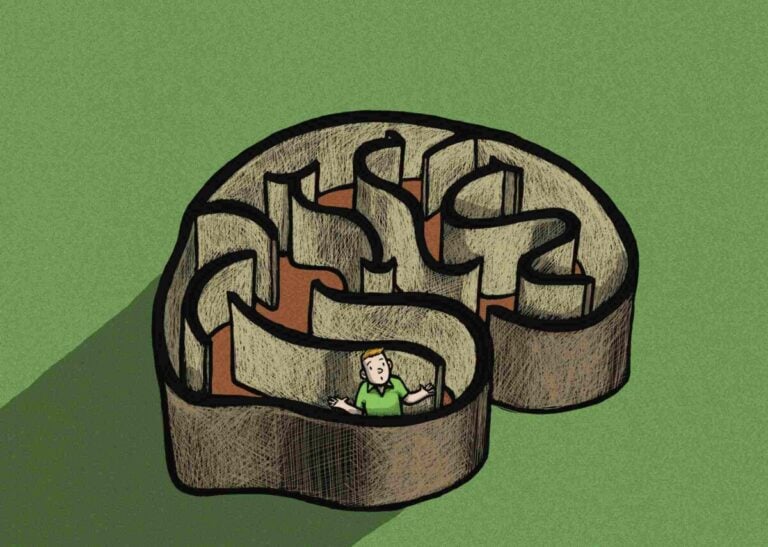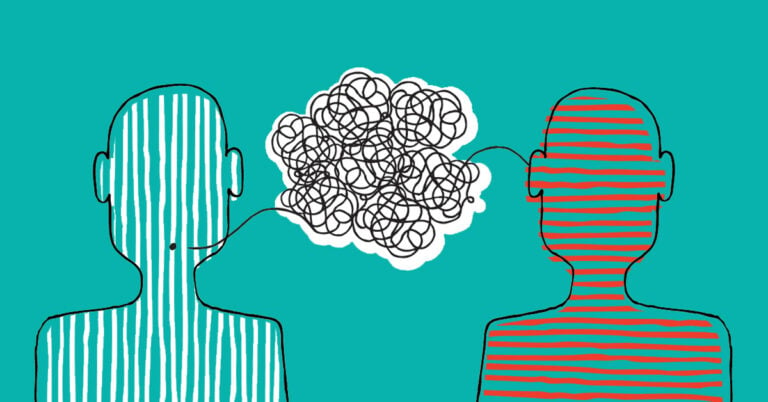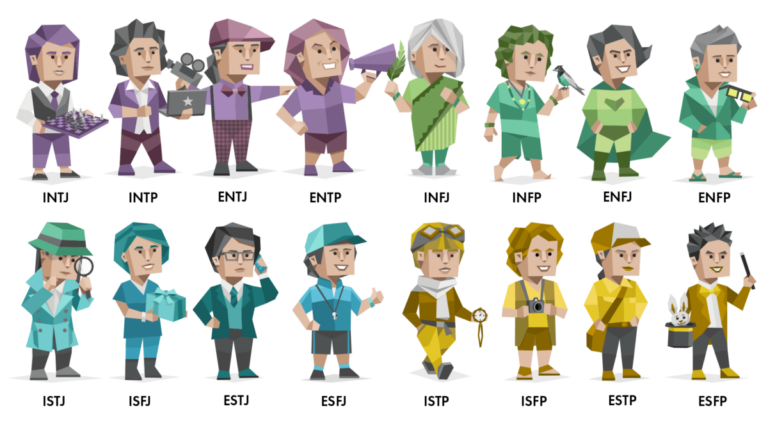One of the most valuable skills needed to advance in the job market is interpersonal skills.
The ability to listen, express your thoughts qualitatively, give feedback, be friendly and effectively resolve conflicts is always an advantage and allows you to interest the employer , take a worthy place in the team and ensure sustainable career growth.
How do communication skills help you at work?
This experiment confirmed the “halo effect” discovered in 1920 by Edward Thorndike – the ability of the psyche to form an opinion about a person under the influence of the impression made on her. We subconsciously attribute many positive qualities to an open, charming person – he seems smart to us, worthy of trust and respect.
The ability to create a pleasant impression of yourself directly depends on communication skills. The essence of interpersonal communication is not only to exchange information. It is important that the interaction is comfortable, pleasant, interesting, and clear.
Employees with well-established interpersonal connections have fewer conflicts, find solutions to complex problems faster, and are generally more productive. Therefore, managers value people who know how to present themselves and establish contacts.

Conversely, people who have excellent professional qualities but lack interpersonal communication skills can harm or even destroy their careers. For example, the hero of the cult TV series “The Big Bang Theory” Sheldon Cooper, being a talented scientist, due to his inability to communicate normally, one day faces dismissal, jeopardizing his long-term friendship and relationship with his girlfriend.
Top 7 skills for effective communication
The ability to establish interpersonal communications consists of the following skills:
- The ability to listen and hear. It is important for each of us not only to extract information from ourselves, but also to convey its meaning to our interlocutor. Therefore, we develop sympathy for people who are able to express sincere interest in our words.
- Feedback. It is important not only to convey your thoughts, but also to make sure that they are understood correctly. The skill of feedback allows you to strengthen mutual understanding and establish closer and better contact.
- Conciseness. Simple and clear formulations without unnecessary “water” save the interlocutor’s time and our own.
- Nonverbal communication. Body language includes postures, gestures, facial expressions, timbre and frequency of speech. By learning to interpret other people’s nonverbal signals, we can receive more reliable information. Managing your own body allows you to turn it into an additional factor in effective interaction.
- Emotional intelligence. The ability to understand the experiences, needs and desires of another person allows you to be on the same wavelength with him.
- Stress management. This skill is indispensable in conflict situations. The ability to take control of emotions helps to avoid their aggravation and move the discussion into a more productive direction.
- Written communication. Many people are great at communicating in person, but become awkward when it comes to texting.
However, in the modern world, the ability to express one’s thoughts in text – a business letter, report, message – is no less important.
How inability to communicate hinders you from building a career
Former Google recruiter Matt Opramolla named four mistakes that can hinder your job search:
- Bet on recommendations. As they say, it is better to see once than to hear a hundred times. Therefore, instead of hoping that the employer will be impressed by someone else’s words, it is better to find a person working in the right department, chat with him a little and delicately demonstrate your skills.
- Excessive frankness. Firstly, unflattering statements about your previous place of work, even if it was a competitor, will leave a bad impression. Secondly, you should not confuse work and personal communication and let strangers know about the details of your personal life. This takes the employer away from an objective assessment of professional qualities.
- Haste. Hasty acceptance of an offer of cooperation may create the impression that the applicant is in a desperate situation and is forced to urgently grab a job, since there is no interest in the labor market.
- Obsessiveness. If a job seeker starts to hang up the phone after an interview, he puts himself in the position of someone in need. Thus, it allows the employer to dictate less favorable terms of cooperation.
Familiarity causes irritation and a desire to stay away from the insolent person. Too active, demonstrative listening, frequent head nods and ingratiating glances create a feeling of falsehood, hypocrisy or self-doubt. Fussiness, the habit of switching to other things during a conversation, glancing at the clock, interrupting the interlocutor mid-sentence indicate disrespect and lack of interest. And openly expressing dissatisfaction can be perceived as arrogance.
For mutual pleasant communication, it is important to understand not only what idea we want to convey or hear, but also what impression our demeanor makes.
How to develop communication skills?

For more serious work on yourself, there are special books, various public speaking courses, or coaching programs for developing and improving communication skills. It will also be useful to read the biographies of famous people, analyze their communication style and ability to build connections with others. In some cases, when psychological aspects become an obstacle to effective communication, for example, low self-esteem and self-doubt, increased demands, distrust of people, irritability and aggression – you should seek help from a specialist.
You can ask friends or family for feedback to help you track your progress in developing your interpersonal skills or improve your weak areas. And most importantly: communication skills must be practiced. Only repeated repetition helps to form a stable model of behavior characteristic of an open, charming person who knows how to win someone over.
Canadian journalist and sociologist Malcolm Gladwell wrote in his best-selling book The Tipping Point: “What happens when two people talk? This is the most important question, because it is in this context that persuasion occurs.”












Thank you for such an interesting article! I’ll take some points from the article to myself!